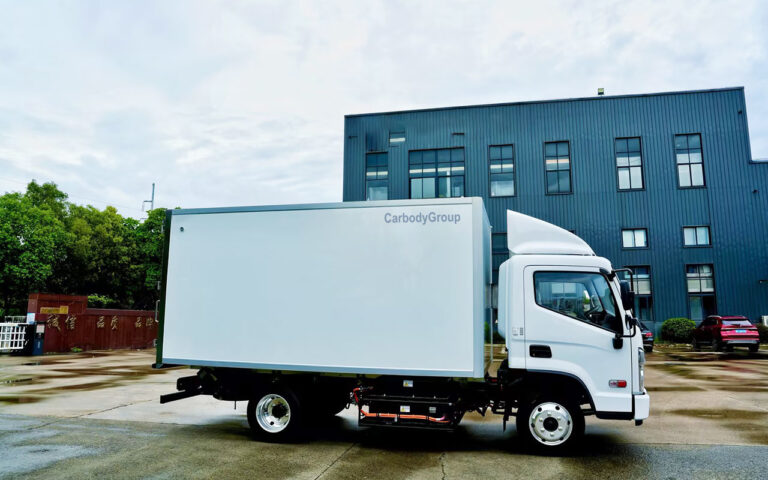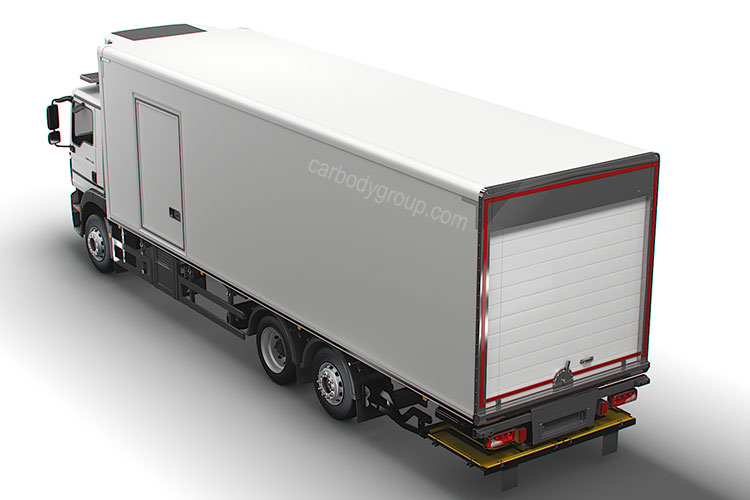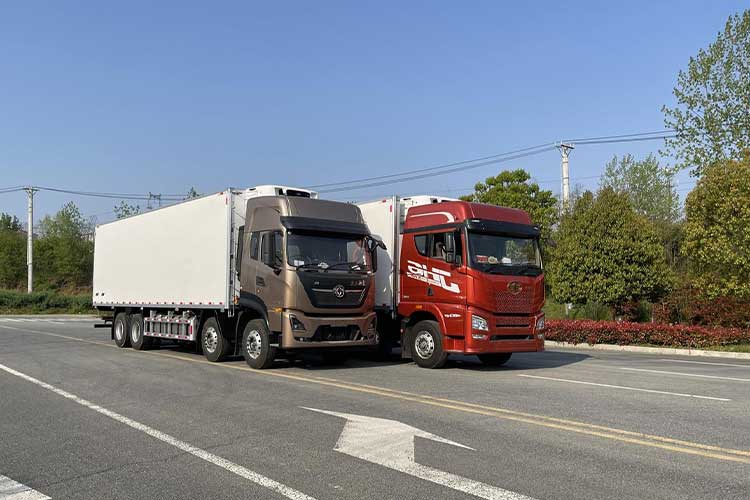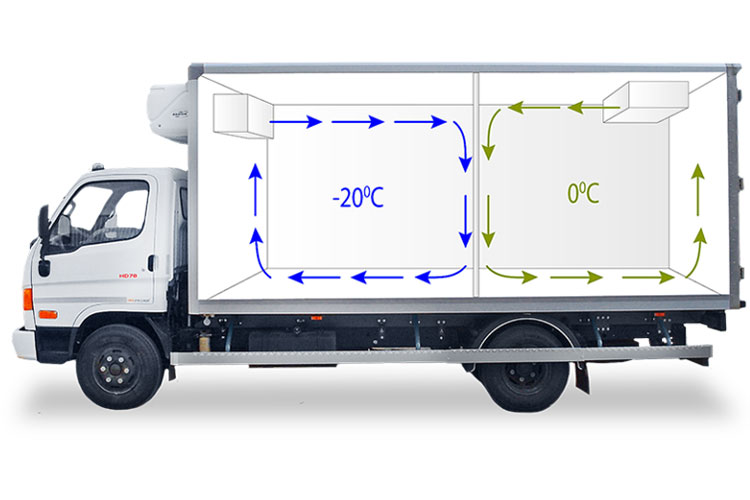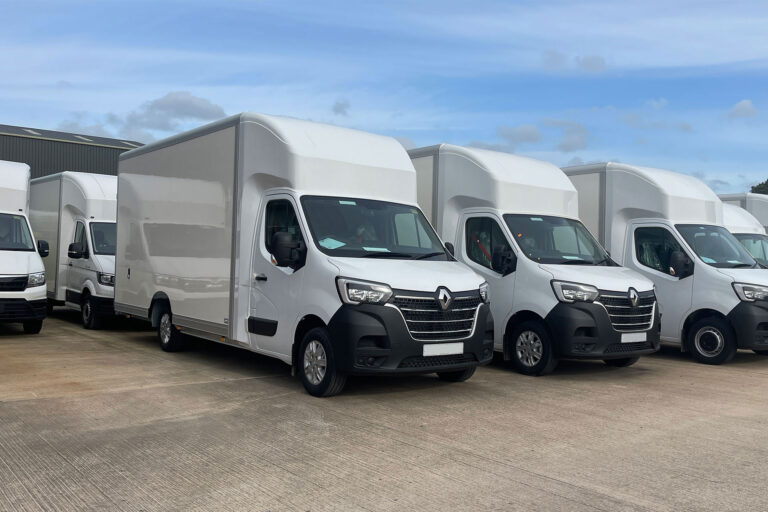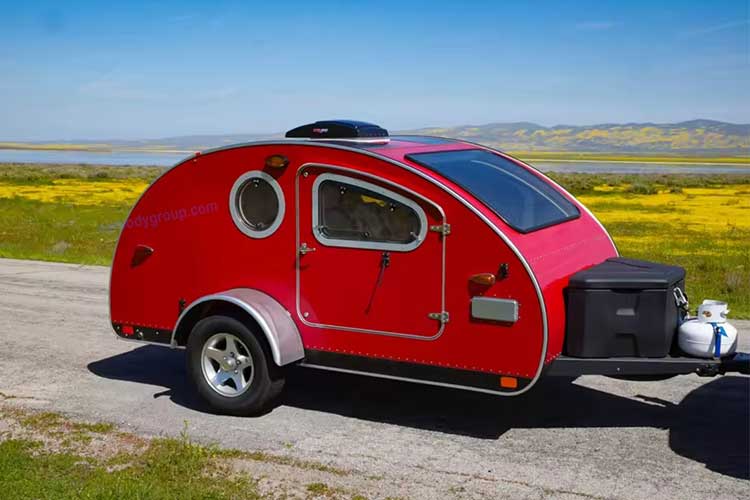Fiberglass reinforced plastic (FRP) panels are gradually replacing traditional metal skins and wood veneers as a recyclable, green, eco-friendly and efficient alternative.
Fiberglass is used as a material for thermal insulation and high-strength applications. It is commonly used to make FRP composite panels, sandwich panels, foam insulation panels, honeycomb panels, exterior wall panels, box truck panels, etc.
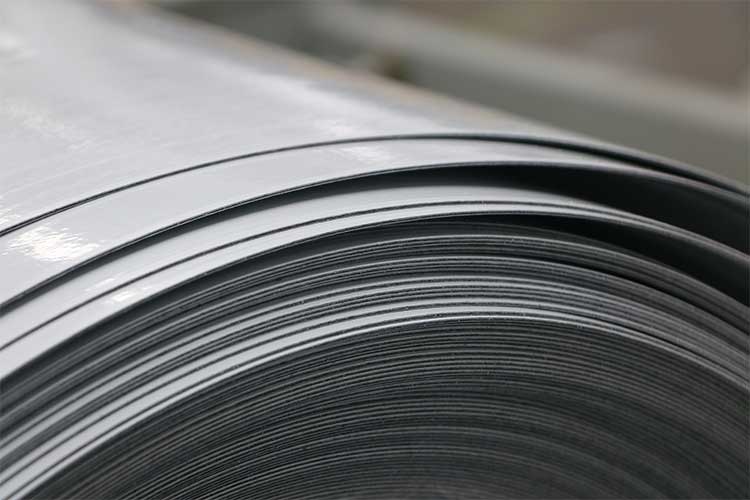
They are extremely tough, extremely lightweight, and extremely durable. They are used in box dry trucks, refrigerated trucks, enclosed trailers, ambulance boxes, recreational vehicles, pickup truck campers and other applications. This article will give you a detailed introduction to the characteristics of fiberglass panels, its components, and applications.
What Are Fiberglass Reinforced Polymer Panels?
Fiberglass reinforced plastic panels (FRP) are made of ultra-fine glass fibers and thermosetting PP resin. It is a high-strength, corrosion-resistant plastic polymer. In general, glass fibers are divided into short fibers and long fibers. Its surface is smooth and flat, its performance is stable and its price is affordable. It also has strong impact resistance and scratch resistance.
Fiberglass panels have the advantages of moisture-proof, waterproof, electrical insulation, antibacterial, oil-resistant, no chemical residue, easy to clean, beautiful, and low maintenance cost. They can be made into flame-retardant and sound-absorbing fiberglass panels.
Fiberglass Compared to Other Materials
Fiberglass vs. aluminum and steel
- Steel and aluminum are strong, but they are much heavier than FRP and are not as corrosion-resistant.
Fiberglass vs. thin wood
- Wood is cheaper, but it is susceptible to moisture, and insects and has a short service life.
FRP panels’ corrosion resistance, low maintenance, long life, and fire resistance make them a more cost-effective and safe choice.
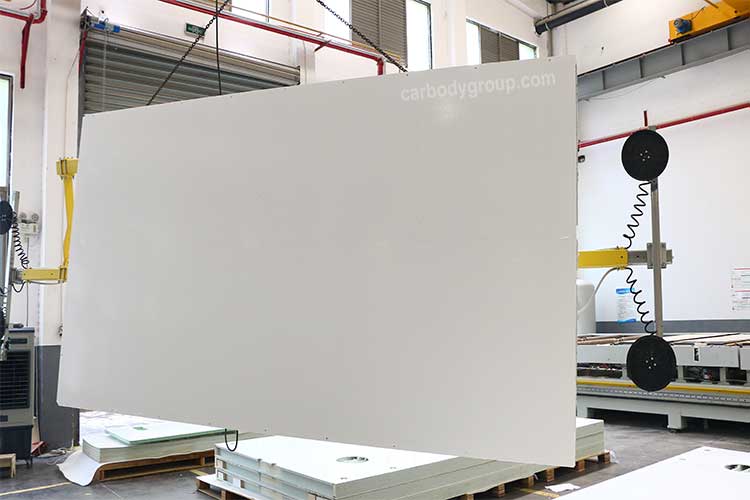
What Are the Application Industries for Fiberglass Panels?
Fiberglass panels are combined with insulating foam to form sandwich panels, which are impact-resistant, bend-resistant, lightweight and have high thermal insulation properties. They are one of the materials commonly used in box trucks.
- Refrigerated truck body
Fibreglass XPS foam insulated sandwich panels and fiberglass PU foam insulated sandwich panels are very suitable for the body structure of refrigerated trucks, which can effectively prevent heat from escaping and keep the temperature inside the vehicle stable.
- Dry freight truck body
Dry van trucks are used to transport non-refrigerated cargo and require a body with adequate strength and impact resistance. Fibreglass XPS foam sandwich panels reduce the overall weight of the vehicle and provide an attractive, robust body.
- Enclosed trailer
Enclosed trailers need to be protected from the elements, such as the elements, dust and corrosion. the weather and UV resistance of FRP panels make them ideal for trailer body materials.
- Ambulance box
Ambulances need to have the space to carry medical equipment and patients, as well as the hygiene and safety of the bodywork. the antimicrobial, chemically resistant and easy-to-clean surfaces of FRP xps foam panels are well suited to ambulance box material.
- Campervan
Campervans need strong and lightweight body materials to cope with a wide range of climatic conditions. FRP panels + insulating foam ensure comfort inside and outside the campervan.
- Guardhouses
FRP panels combined with foam or honeycomb cores can provide lightweight, fast-assembling modular materials for guard houses and security booths.
- Clean room
The surface of FRP panel is flat and smooth without holes. It prevents dust and bacteria from accumulating and is easy to clean.
- Cooling tower
FRP combined with PU foam is used for cooling tower exterior walls, providing excellent thermal insulation performance.
- Modular construction
Fiberglass as a high performance skin, it can be used to make FRP foam panels and FRP honeycomb panels, etc. They can be used for building protection of external walls, partitions, ceilings, etc., and are very durable, and if combined with foam such as XPS or PU, they can increase the performance of heat preservation and thermal insulation.
Advantages of FRP Panels
Fiberglass panels have a lot of advantages, it is composite with plywood, foam, PP honeycomb respectively to get composite panels and sandwich panels with different properties. The following are the advantages of using Fiberglass.
- Extremely lightweight: easy to transport, install and maintain compared to traditional materials.
- Corrosion resistance: fiberglass is a polymer resin material that is chemically stable and can be used in both strong and weak acids and will not corrode as easily as aluminum skins.
- Easy to clean: the surface is smooth and even, just simply rinse with water, saving cost.
- High strength: excellent tensile and flexural properties.
- Scratch-resistant: FRP surface has high hardness and is not easy to produce scratches.
- Aesthetics: can be customized with various colors and pattern designs.
- Flame retardant: FRP inhibits the spread of flame.
- Weather resistance: Strong UV resistance, can withstand sunlight, rain and wind and sand erosion.
- Waterproof and moisture-proof: it can prevent mould or damage caused by moisture.
Customized Service of Fiberglass Panel
Carbodygroup offers customized FRP panels to meet the needs of different customers. This includes: size, color, anti-slip patterns, shape, and also adjusting the panel’s thermal, acoustic and compression resistance properties.
If you need to know more about our composites or customized material solutions, click on Contacts.
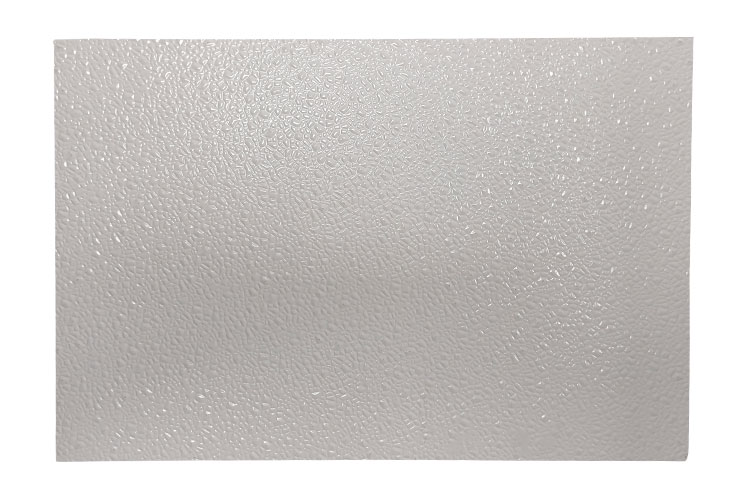
Stone pattern FRP sheet
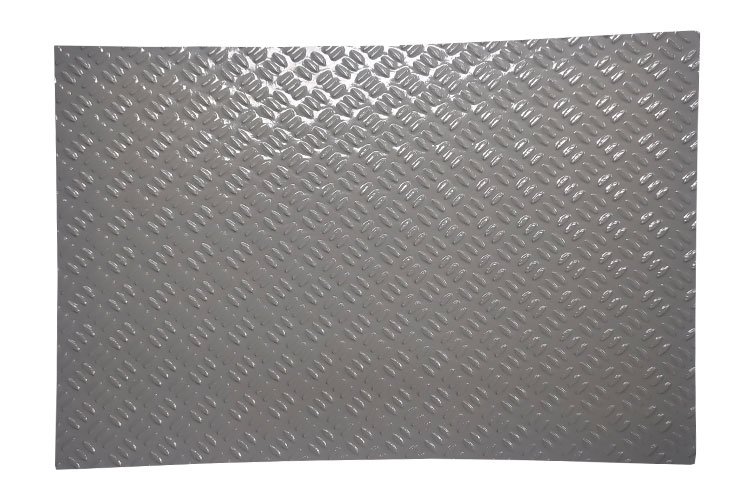
Wheat pattern FRP sheet
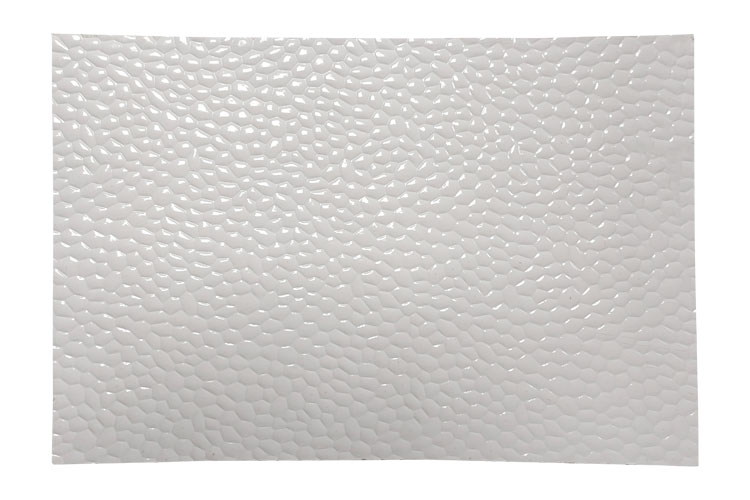
Bubble pattern FRP sheet
Fiberglass Panels: Frequently Asked Questions Guide
Are FRP panels suitable for outdoor vehicles?
Yes, FRP panels are weather and UV resistant and are very suitable for outdoor vehicles such as pickup campers. It can effectively resist the effects of long-term exposure to sunlight, wind and rain.
Are FRP panels easy to maintain?
It has a smooth, even surface and is corrosion resistant. It usually only requires regular cleaning. It is used in harsh environments. Its superior durability keeps maintenance costs relatively low.
What are the applications of FRP panels?
In addition to the aforementioned refrigerated trucks, dry vans, enclosed trailers, motorhomes, ambulances, pickup campers, etc., they can also be used in modular buildings, ships, cooling towers, and other areas.
How well do FRP panels insulate?
FRP panel + PU/XPS insulation foam can form a sandwich structure with ultra-low thermal conductivity, which can effectively insulate the external heat or cold air.
Are FRP panels + foam core suitable for load-bearing structures?
FRP panels with high strength and compression resistance are combined with XPS/PU/PVC/PET foam to form sandwich panels with embedded reinforcements (aluminium tubes, wood, high-strength plastic rods, glass-fibre reinforced plastic tubes), which can be used in side, front and floor panels of box vehicles.

